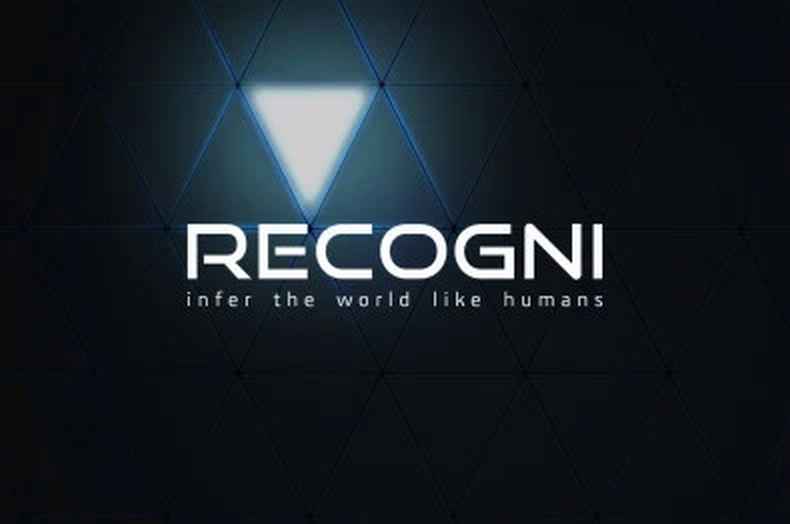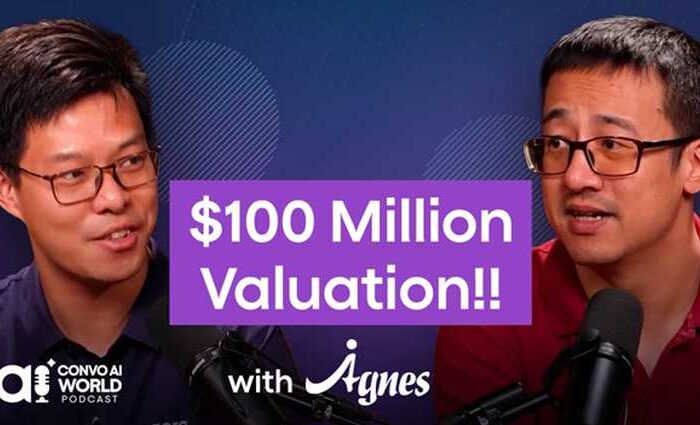Juniper Networks backs a $102M investment in AI Startup Recogni to build AI inference systems for data centers

In August, AI startup Recogni revealed a computing breakthrough aimed at reducing energy consumption and enhancing the efficiency of AI training and inference chips. This innovation, which makes AI hardware smaller, faster, and more affordable, quickly drew the attention of investors and networking companies—including Juniper Networks.
On Tuesday, Juniper joined Recogni’s $102 million late-stage funding round, announcing plans to collaborate on an AI inference system designed for server racks. This funding round was co-led by Celesta Capital and GreatPoint Ventures, though the startup’s latest valuation remains undisclosed. Recogni’s previous backers include BMW, Bosch, and Toyota’s venture arms.
The US-German startup first caught our attention in 2019 after raising $25 million in funding to develop low-power AI processors for autonomous vehicles. Its first chip, designed and manufactured using Taiwan Semiconductor Manufacturing Co’s 7-nanometer process, laid the foundation for its current advancements.
Founded in 2017 by Ashwini Choudhary, Eugene Feinberg, Gilles Backhus, R K Anand, and Valerie Chan, Recogni focuses on vision-based AI platforms for autonomous vehicles, solving endpoint inference challenges and advancing autonomous driving technology.
As cloud service providers pour billions into data center infrastructure, including AI model training and inference, Recogni is positioning itself as a core infrastructure supplier.
“Currently, we’re focused on being an infrastructure supplier into data centers, providing the compute that’s needed to run the largest generative AI multimodal models,” Recogni CEO Marc Bolitho told Reuters.
Meanwhile, Hewlett Packard Enterprise announced earlier this year that it would acquire Juniper Networks for $14 billion in an all-cash deal, aimed at strengthening Juniper’s AI capabilities.
Recogni also confirmed it’s developing its second chip for generative AI with Taiwan Semiconductor Manufacturing Co. The new inference system is expected to enter production by 2026.





